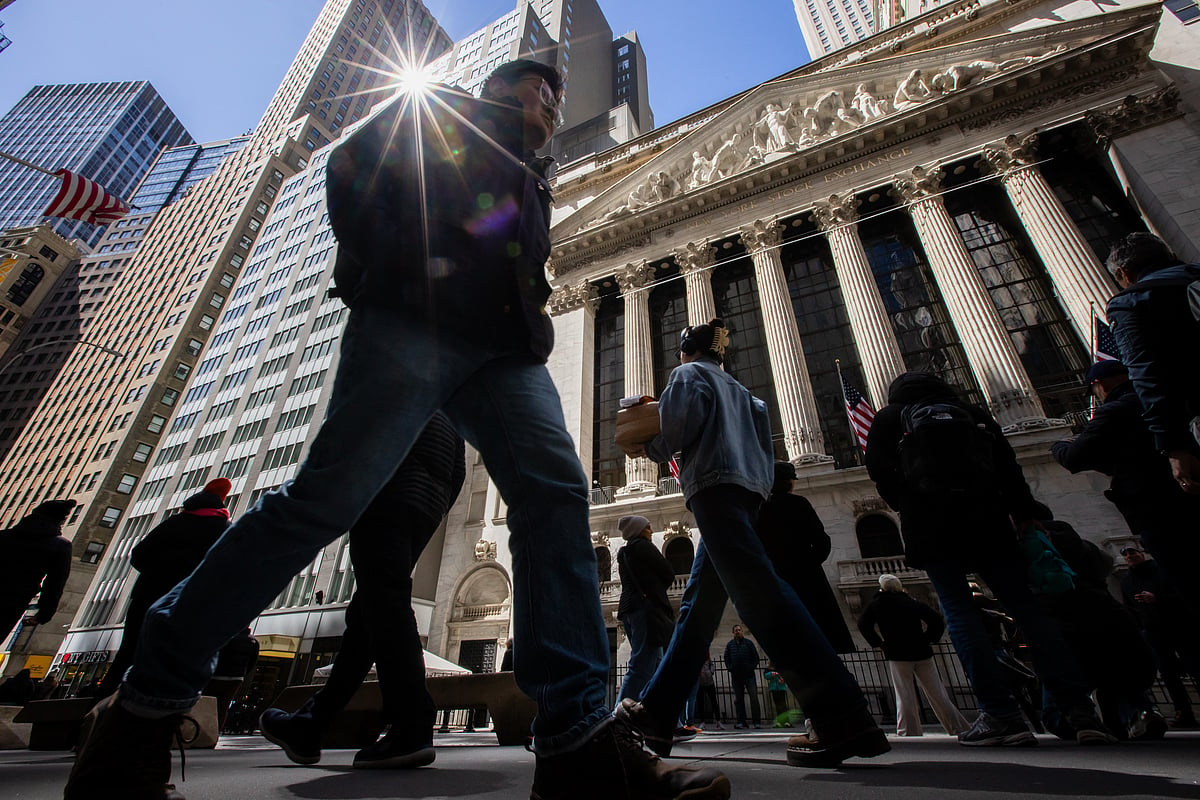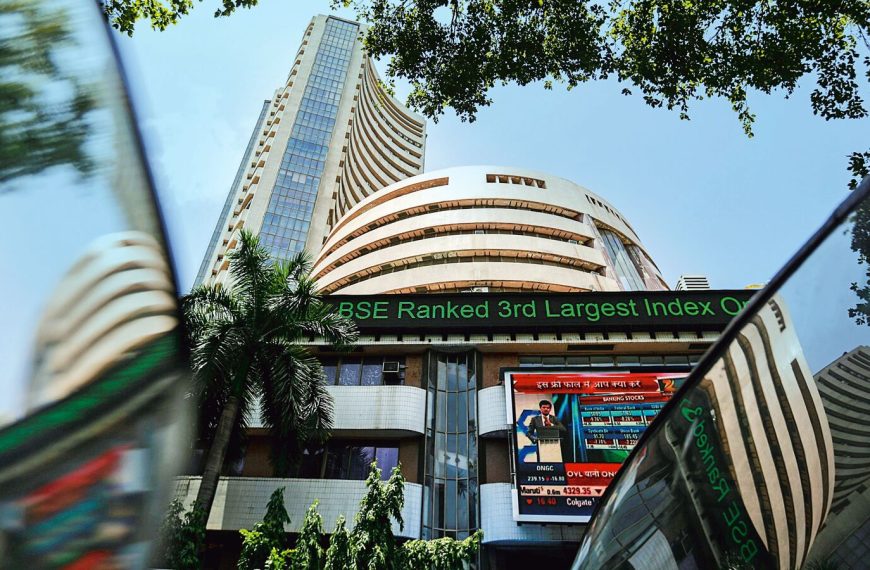Chinese equities experienced a significant upswing fueled by anticipations of additional stimulus measures following President Trump’s dramatic tariff increase to 125%. As traders redirected their attention towards the potential long-term repercussions of the escalating trade conflict, U.S. stock futures plummeted, and the dollar weakened. The S&P 500 futures saw a 2% drop, marking a stark contrast to the previous day’s impressive 10% rise, which was influenced by Trump’s announcement to halt most tariff increases.
Market Reactions to Trade War Tensions
In light of the escalating trade tensions, investors have flocked to safer assets. Gold prices have risen, while 10-year Treasury yields have decreased significantly. Meanwhile, crude oil prices took a hit, with Brent crude dipping below $65 per barrel.
- Key Points:
- Gold prices increased as investors sought refuge.
- Treasury yields fell, reflecting heightened caution in the market.
- Oil prices declined sharply amid trade war concerns.
Expert Caution Amid Market Volatility
Many financial experts are advising caution against jumping into equities at this time due to the unpredictable nature of the current market landscape. Andy Sieg, the head of global wealth management at Citigroup Inc., emphasized the need for vigilance given the extreme volatility. Colin Graham, leading multi-asset strategies at Robeco Groep, remarked, "The damage is done. It’s like Pandora’s box has been opened, and reversing that with a single statement is not feasible." He further suggested a more cautious approach, indicating a tendency towards selling rather than buying.
Implications of Trump’s Tariff Decisions
The recent shift in Trump’s tariff strategy highlights the immense pressure from financial markets as he attempts to reshape global trade dynamics with tariffs at historic highs. The selloff in Treasuries and rising financial anxieties have unsettled investors, prompting warnings from business leaders like Jamie Dimon, CEO of JPMorgan Chase & Co., who has raised concerns about a possible recession.
The temporary pause in tariff increases provides a window for governmental negotiations with Trump, yet it also prolongs uncertainty for businesses and consumers worldwide. The latest tariff hike to 125% on China raises questions about potential responses from Beijing to mitigate economic strain.
Global Market Response
While U.S. markets faced turbulence, European and Asian stock indices surged as investors reacted positively to the previous day’s Wall Street gains. The Chinese yuan slipped to its lowest point since 2007, raising speculation about a possible devaluation. Notably, top Chinese officials are set to convene Thursday to deliberate on their strategic response.
Despite the 10% universal tariff hike in place, which is the highest in decades, analysts from Deutsche Bank AG noted that Trump’s policy reversal illustrates the ongoing unpredictability in economic policies.
Bond Market Developments
In the bond market, Treasury yields experienced a slight decrease of four basis points after a more substantial drop noted in Asian trading. British bonds stabilized after earlier declines, while German bonds fell as the tariff delay led traders to reassess expectations regarding interest rate cuts from the European Central Bank. Two-year rates observed a rise of as much as 19 basis points.
Investors are keenly awaiting the upcoming U.S. auction for 30-year Treasuries, following a successful sale of 10-year notes that alleviated concerns over foreign investment in U.S. bonds. Additionally, upcoming U.S. data is expected to reveal a decrease in consumer inflation for March, further shaping market sentiments.
As global markets navigate these turbulent waters, the interplay of trade policies and economic indicators will be closely monitored by investors and analysts alike.











